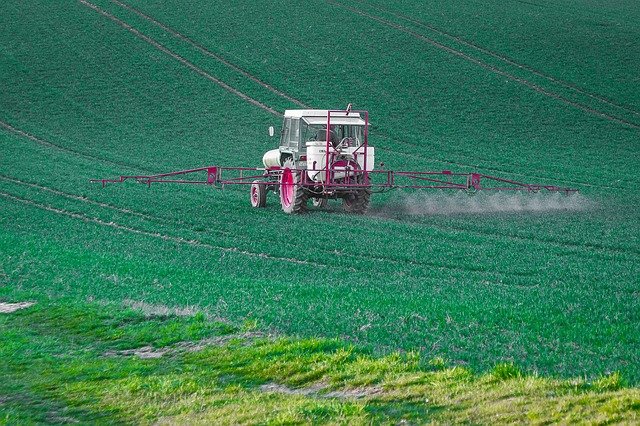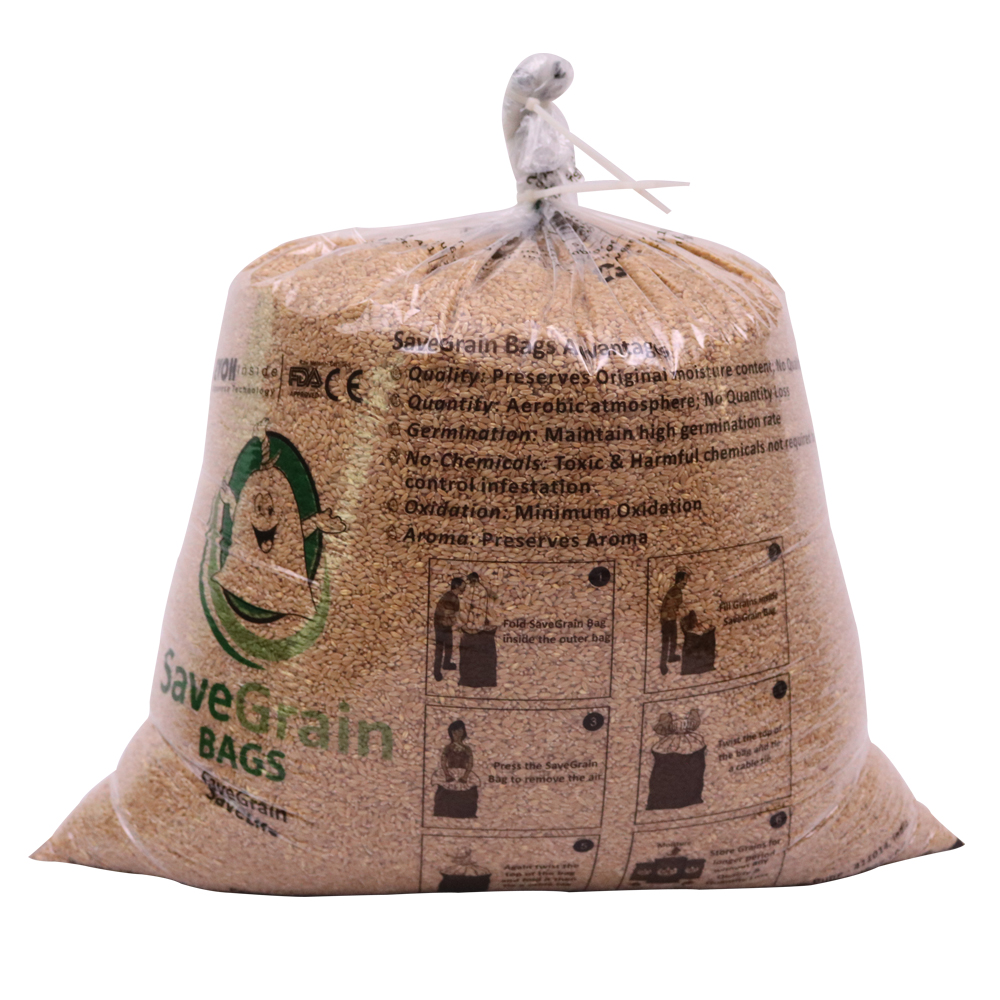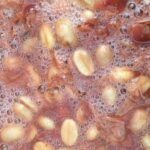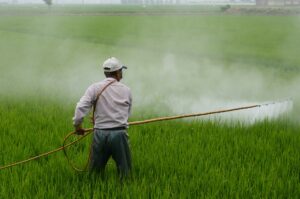Global food security can only be ensured if the agricultural sector thrives the world over. It’s therefore crucial to protect our crops from natural hazards as well as from other microbes on the planet. Aiming to protect the crops from such pests, people came up with different types of “pesticides”.
What are pesticides?
Pesticides are chemicals that kill, repel, or control pests, namely insects, rodents, weeds, fungi, and other microbes. Their application prevents pests from damaging the crops and lowering agricultural yield.
What are the types of pesticides?
Pesticides are widespread in use and can actually be classified in different ways, depending on:
- Type of pest: Based on the type of pest they act on, pesticides can include anti-microbials (kill bacteria and viruses), fungicides (kill fungi), algicide (kill algae), insecticides (kill insects and other arthropods), ovicides (kill eggs of insects and mites), etc.
- How they work: Some pesticides need direct contact with the pest to kill them (contact pesticides). Others are absorbed by the plant surface, spreading out to other areas (systemic pesticides). Fumigants are toxic gases. Sprayed on plants, they tend to be absorbed through cracks of structures or even through soil.
- Chemical structure: Pesticides with similar chemical structures have a similar mechanism of action. The common pesticide chemical families include organophosphates, carbamates, benzoic acid herbicides, triazines, etc.
Not only the agriculture sector, but also industries such as forestry, F&B, etc see at least some use of pesticides.
Why are pesticides used in agriculture?

Pesticides have become so popular in agriculture because of factors such as:
- Improved yield: Both in the field and during post-harvest storage periods, pests attempt to consume crops. This would not only deteriorate the crop quality but also decrease the agricultural yield and lower revenues for the farming community. Using pesticides helps to prevent this.
- Control spread of diseases: Insects such as mosquitoes could damage the crops and spread diseases amongst humans consuming them. Pesticides help to prevent this spread of diseases by killing the targeted pests.
Due to these benefits and more, the pesticide usage has increased significantly in the last decade amongst farmers in India. This is true for both in the fields and during the post-harvest storage period.
The common types of pesticides used in Indian agriculture include:
- Organophosphates such as dichlorvos, chloropyrifos, dimethoate, malathion, etc.
- Synthetic pyrethroids such as alphametrin, cypermetrin, etc.
- Fungicides such as carbendazin, mancozeb, etc.
However, with the increasing use of pesticides, it is essential to also take into account the potential harm that pesticides may cause, such as:
- Pollution: Soil and groundwater pollution.
- Non-selective: Pesticides may not be selective enough and end up also killing the important insects, affecting pollination in the fields.
- Contamination: Since pesticides are chemicals, if not used in a controlled manner, they may end up altering the genetics of plants or contaminate the crop with harmful substances, that could be hazardous if consumed.
- Ecological imbalance: Overuse of pesticides can seriously affect the local flora and fauna, causing ecological imbalance.
Since pesticides and their constituent ingredients have the potential to be hazardous to the environment and to human health, it’s imperative to come up with other substitutes for its use.
Alternate solutions
While pesticides still remain an effective measure of pest control in the fields, better storage alternatives are now available to protect the crops during the post-harvest period.
Hermetic technology uses an air-tight and moisture-tight barrier system to store agricultural produce, protecting them from unfavourable climatic conditions as well as from infestation by pests. Since it restricts the exchange of air, it cuts off the oxygen supply needed for insect growth, curtailing any further damage to crops. It thus helps to maintain the precious produce in optimal quantity and quality, without risking the hazardous health and environmental effects of pesticides.
Save Grain Bags offers these hermetic storage bags, which are a better substitute for protecting agricultural crops from pests during the storage period than pesticides. They are a greener, more affordable, safer, and healthier alternative for humans and the environment.




